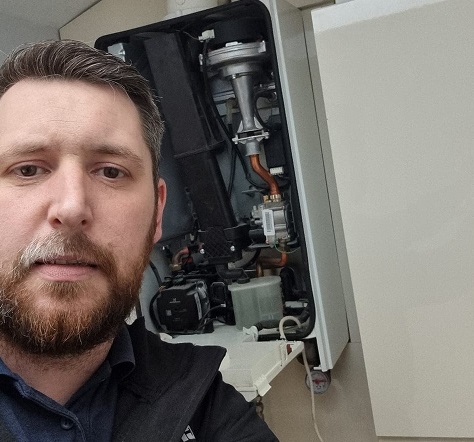Boiler problems can be frustrating at the best of times. But, when you find yourself with no heating and hot water, that’s just nightmare number one.
Once you’ve discovered there’s a problem with your boiler, there’s then the task of having to find a plumber who can fix it. After that, it’s finding the time to wait around while you get your boiler repaired or worse, having to fork out for a new one.
The good news is that there are several ways to keep these problems at bay and this is through regular boiler maintenance which will help to prolong the life of your boiler and keep it working to optimum capacity. By keeping your boiler healthy, it is also unlikely to waste energy which in turn means cost savings on your utility bills.
Top Tips For Maintaining Your Boiler
So what are the things you can do to maintain a healthy boiler? In this blog we look at some of the helpful and easy actions you can take at home to keep it running the best it can.
1. Put your heating on for five minutes once a week
It might sound crazy in the height of summer, but if your boiler is left unused for a long period of time, then there’s more reason for things to go wrong when the cold weather returns. Get the water circulating through the system every so often to make sure it’s running the way it should and give you the peace of mind that it won’t let you down.
2. Keep an eye on your boiler pressure
If your boiler pressure drops below the level which it should be at then your boiler won’t work properly and you’ll find yourself with no hot water. However, if it’s too high, this can cause damage to the system. Occasionally check the boiler pressure by looking at the gauge on the front of the boiler. It should be at one bar while it’s cold and the heating is off. If you need to repressurise the system, you can easily do it yourself, or ask a professional for advice.
3. Check the radiators to make sure they are heating up
If your radiators are not getting as hot as they should be, or there are cold spots in places when the radiators are on, this is likely to mean that your radiators need bleeding. This is because there is air trapped inside them, which can cause damage to your boiler, because it is having to work harder to heat your home. Bleeding the radiators involves releasing the trapped air using a radiator key. Again, you can do this yourself or seek the help of a heating and plumbing professional.
4. Check for errors on the boiler
A lot of people aren’t aware of this, but a modern boiler will tell you when something is wrong. This is normally done through an error code which will flash up on the boiler display. There are different codes for different issues and you should be able to see what the problem is through a guide on the boiler itself, or by looking online. It’s often easy to miss these error codes when you aren’t using your boiler much in the summer months, but by checking for error codes, you can ensure you are ready and set to go when the cold weather comes around.
5. Make sure you’ve scheduled your annual service
Some people will make the mistake of thinking that Boiler Servicing is an unnecessary expense, however, this is an excellent way to keep your boiler running at full strength. An annual service will also ensure your boiler isn’t wasting energy and help spot potential problems, before they become worse, leading to costly repair or replacement.
Check Pricing and Availability
The best time of year to have your boiler serviced is the warmer months when you need your boiler less and it’s also the time of year when plumbers are less busy, so you’ll have your choice of some of the best around.
Get in touch today to check our pricing and availability and look forward to keeping your boiler healthy all year round.

